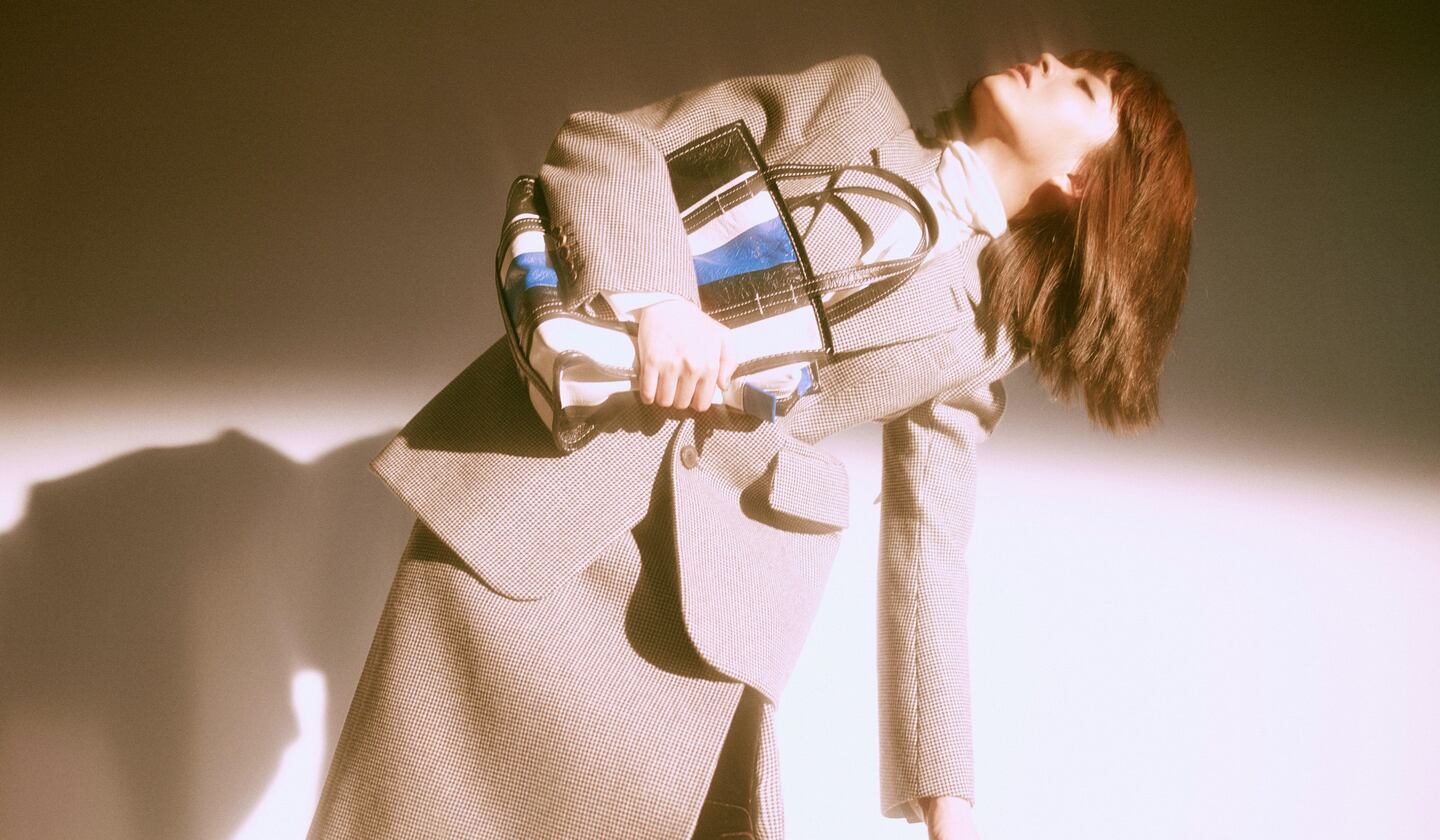
The Business of Fashion
Agenda-setting intelligence, analysis and advice for the global fashion community.

Agenda-setting intelligence, analysis and advice for the global fashion community.

LONDON, United Kingdom — This week, Facebook-owned messaging service WhatsApp was disrupted by a Chinese government clampdown. Tighter controls on WhatsApp left many users unable to send videos, pictures and even some text messages this week. The New York Times reported that the blockage originated with the government. The new limitations follow the 20th anniversary of Hong Kong's handover to China and the widespread condemnation of the death in government detention of Chinese dissident Liu Xiaobo, whose name was blocked on several platforms.
Industry sources have also reported new restrictions on users of the popular micro-blogging platform Weibo. Key opinion leaders (KOLs) and a Chinese brand consultant who spoke to BoF say Weibo has put new limitations in place blocking links to e-commerce sites other than Taobao and Tmall, which are both controlled by Alibaba. Alibaba owns around 32 percent of Weibo.
China is the world's largest driver of luxury market growth and platforms like Weibo are critical to the so-called "wang hong" or "internet celebrity" economy in which most major luxury brands participate. Restrictions on Weibo in particular could have far-reaching consequences for luxury brands, according to Pablo Mauron, China managing director at Digital Luxury Group, a consulting company whose clients include LVMH and Swarovski.
It’s unclear whether these restrictions on Weibo are linked to the Chinese government, but they appear to be motivated by “pure commercial and business reasons,” says Mauron. “For Weibo and Alibaba there is obviously a willingness to concentrate the impact of Weibo to potentially drive sales to its platforms rather than others, so to some extent they are trying to keep the communities and online transactions within their environment.”
ADVERTISEMENT
Sina Weibo is trying to put some controls on the commercialisation of KOLs. They have become big business here.
“It’s not a surprise that Sina Weibo is trying to put some controls on the commercialisation of KOLs. They have become big business here,” adds Chloe Reuter, founder of Reuter Communication, an Asia-based marketing and communications agency focused on the luxury industry. “The key will be to watch whether these new “rules” are actually enforced and to what degree. We are watching this very carefully.”
Now that Weibo also has its own online advertising offering, restrictions like those blocking links to e-commerce sites other than Taobao and Tmall “are going to have a negative impact on the influence of the KOLs” and “that could be a way to move the money brands spend on KOLs to Weibo advertising,” like its promoted posts, similar to advertisements on Facebook, Mauron continues. “For me, those measures are a way to potentially make sure Weibo represents an asset for Alibaba to develop further their e-commerce opportunity because Weibo is a significant source of traffic,” he adds, while it will also “maximise advertising revenue by minimising the impact of KOLs for brands and push those brands to shift from paying KOLs directly to invest in Weibo itself.”
For those luxury brands without a store on Tmall and using KOLs there could start to be a “missing link,” Mauron says. And that may well be a game changer.
With additional reporting by Kati Chitrakorn and Gemma Williams.
Editor's Note: This article was revised on August 21st 2017. An earlier version of this article misstated that Alibaba owns Weibo. It does not. Alibaba owns a 32 percent stake in the company.
Related Articles:
[ Peering Over the China PeakOpens in new window ]
[ WeChat Stores Are China’s Latest Luxury CrazeOpens in new window ]
[ How China’s ‘Mr. Bags’ Moves Luxury Handbags in Mere MinutesOpens in new window ]
With consumers tightening their belts in China, the battle between global fast fashion brands and local high street giants has intensified.
Investors are bracing for a steep slowdown in luxury sales when luxury companies report their first quarter results, reflecting lacklustre Chinese demand.
The French beauty giant’s two latest deals are part of a wider M&A push by global players to capture a larger slice of the China market, targeting buzzy high-end brands that offer products with distinctive Chinese elements.
Post-Covid spend by US tourists in Europe has surged past 2019 levels. Chinese travellers, by contrast, have largely favoured domestic and regional destinations like Hong Kong, Singapore and Japan.